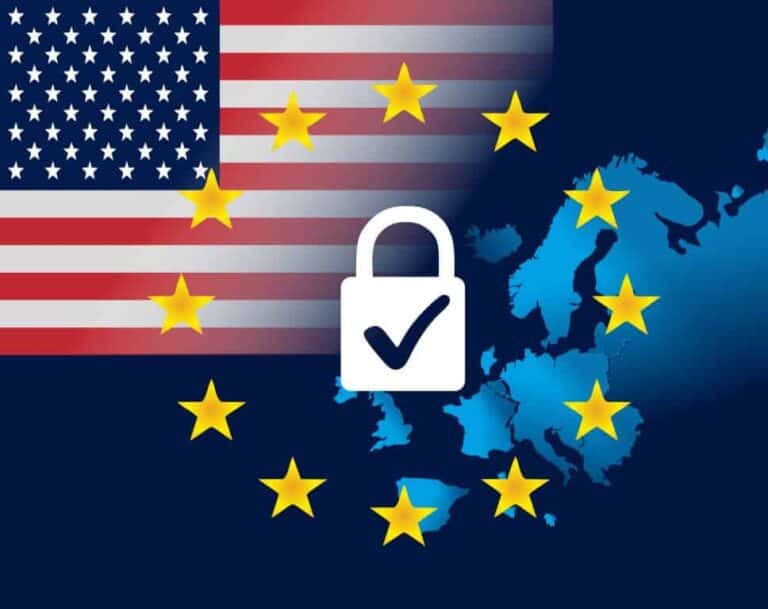The announcement that Solvinity is being acquired by the American company Kyndryl has sparked an unusually heated debate in the Netherlands about digital autonomy and the vulnerability of public infrastructure.
The news hit Amsterdam particularly hard, as its municipality had only just signed a contract with Solvinity to modernize its digital services. That choice was made deliberately in order to work with a Dutch company that, according to the city, would contribute to greater control over its own digital systems. However, the municipality was only informed of the takeover one day before the official announcement, which immediately put pressure on its relationship with the supplier.
Digital autonomy under pressure
Amsterdam alderman Alexander Scholtes, responsible for Digitization, Services, and Information Provision, said that Amsterdam had chosen Solvinity precisely because it is a national player that, in the municipality’s view, plays a role in increasing the city’s digital independence.
He said that the late announcement was considered particularly unfortunate and that the municipality is now investigating the consequences of the new ownership situation for the contract and the protection of public interests. Officials involved in the digital infrastructure previously said that they consider the timing problematic because Solvinity’s services directly affect municipal processes and sensitive data flows.
The announcement also raised questions at the national level. The government has been using Solvinity for years for secure hosting and other IT services used for national systems such as MijnOverheid (“MyGovernment”). The fact that a party responsible for such a critical system is falling into foreign hands means that a new legal reality is emerging.
Policy specialists point to the US CLOUD Act, which, under certain conditions, can compel access to data from US companies. Now that Solvinity will fall under a US parent company, there are renewed fears that sensitive data, even if it remains in the Netherlands, could ultimately fall under US jurisdiction.
Various media outlets report that Amsterdam felt blindsided by the lack of prior communication. They also report that municipalities see the new ownership situation as a direct challenge to their commitment to digital autonomy. The Dutch news agency Binnenlands Bestuur also reported that Amsterdam was only informed a few days before the announcement, which experts say is unusually late for a supplier that supports such public tasks.
Legal guarantees
Kyndryl, a former IBM division, emphasizes that the acquisition should lead to better support for modernization, stricter security, and compliance with laws and regulations, while Solvinity talks about new opportunities and additional scale. Nevertheless, governments remain skeptical about whether these benefits outweigh the risk of US legislation influencing Dutch public data. Many organizations now want clarity about the legal guarantees that will remain in place once the transaction is complete.
In the coming months, it should become clear whether regulators and the works council will approve the acquisition. This process will be closely monitored, as the issue touches on a broader national question: how much control does the Netherlands retain over crucial digital infrastructure when a party that was chosen precisely because of its Dutch character suddenly ends up in foreign hands?
Also read: Red Hat launches Sovereign Support for EU organizations
